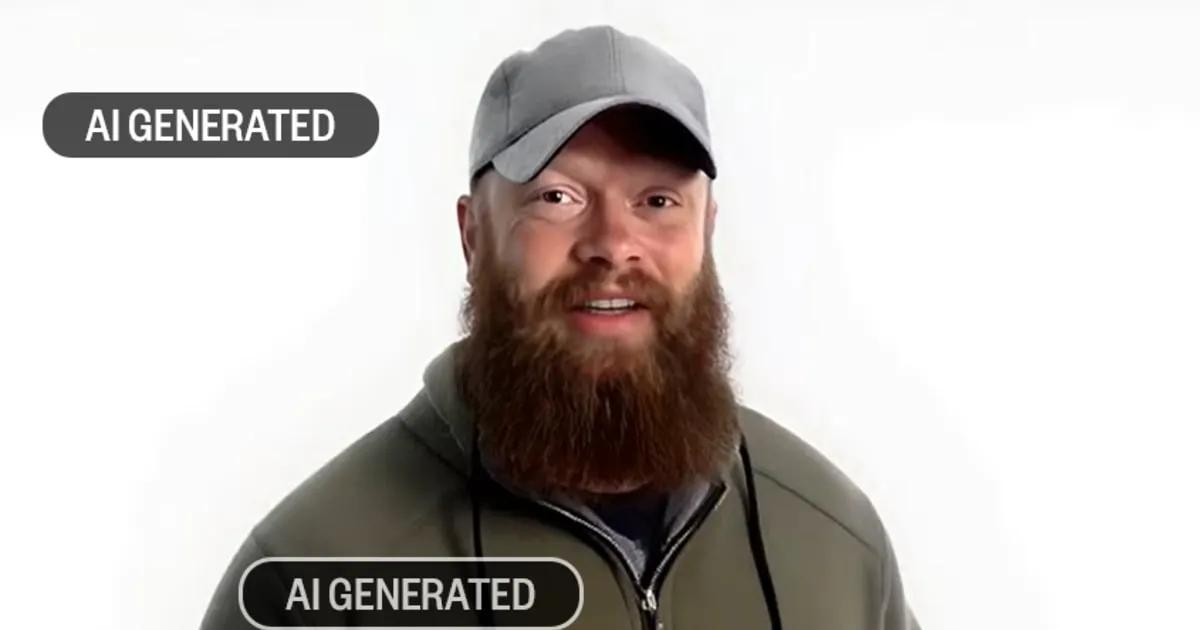
Last week, a road-rage killer in Arizona received a sentence of 10½ years in prison following a historic moment in the courtroom. This case marks a potential first in legal history, as the victim, Christopher Pelkey, was able to address the court through an artificial intelligence representation of himself. Maricopa County Superior Court Judge Todd Lang imposed the maximum sentence on Gabriel Paul Horcasitas, 54, for the fatal shooting of Pelkey, 37, on November 13, 2021. Horcasitas was convicted of manslaughter and endangerment earlier this year.
During the sentencing hearing, Pelkey's family presented an AI-generated version of him, featuring a lifelike voice and image. This innovative approach allowed Pelkey to virtually plead for leniency from the judge, stating, “To Gabriel Horcasitas, the man who shot me: It is a shame we encountered each other that day in those circumstances. In another life, we probably could have been friends. I believe in forgiveness.” This heartfelt message was a product of Pelkey’s family, particularly his sister Stacey Wales and her husband, who work in the AI technology field.
Wales explained that the idea to use AI to recreate her brother emerged after two years of grappling with how to express the impact of his loss. Initially, her husband was apprehensive about the concept, fearing that it might not do justice to Pelkey’s spirit. “If this isn't perfect, if this doesn't really embody the spirit of Chris, I'm not going to let this be shown,” he remarked. Ultimately, they decided to move forward with the project, believing it could effectively convey Pelkey's voice in court.
After being convicted of manslaughter and endangerment, Horcasitas faced a sentencing range of seven to 10½ years in prison. While the defense team sought the minimum punishment, Judge Lang chose to deliver the maximum sentence. He acknowledged the emotional weight of the AI presentation, stating, “As angry as you are, justifiably angry as the family is, I heard the forgiveness.” This sentiment was echoed in the courtroom, reflecting the character of Pelkey as described by those who knew him.
Defense attorney Jason Lamm expressed concern that the use of AI in the courtroom could create significant grounds for appeal. He noted that while judges have discretion over what they allow in court, the appellate court may need to address whether this AI representation was excessively inflammatory and to what extent it influenced the judge's sentencing decision.
Gary Marchant, a law professor at Arizona State University specializing in ethics and emerging technologies, praised Pelkey’s family for their innovative approach, despite its potential to undermine the prosecution’s case. Marchant remarked, “The family did a really good job of representing what he would have said, and they would have the best sense of what he would have said.” However, he also raised concerns about the ethical implications of using AI in legal settings, emphasizing that such representations are inherently artificial and do not reflect true sentiment.
This landmark case underscores the evolving intersection of artificial intelligence and the legal system, raising important questions about the future of technology in courtrooms and its potential impact on justice.